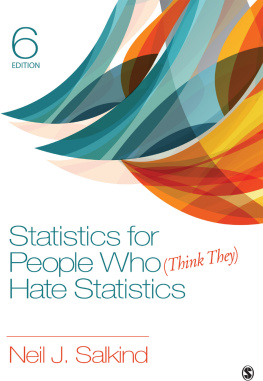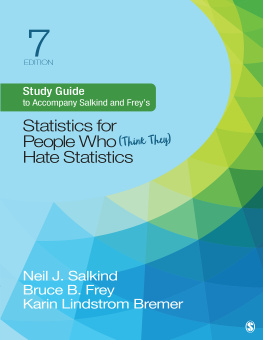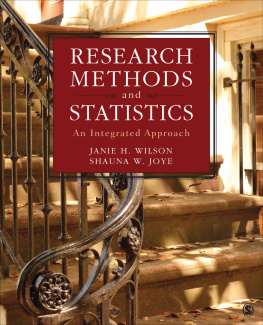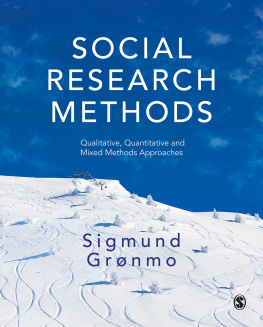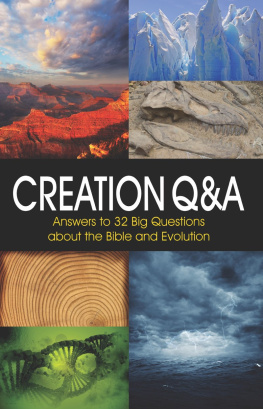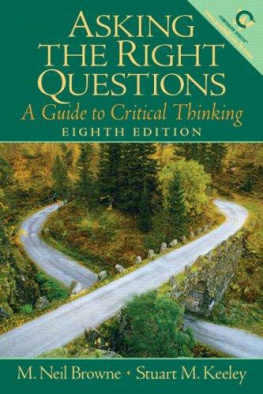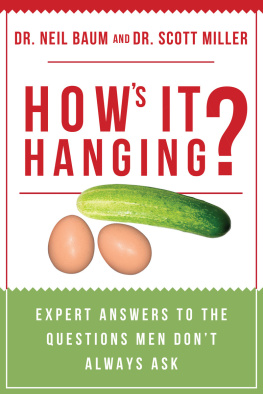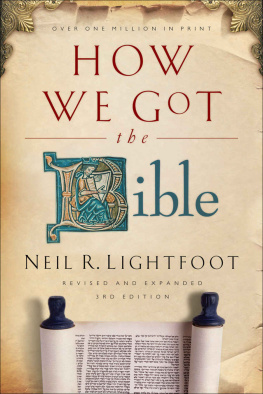Neil J. Salkind - 100 Questions (and Answers) About Research Methods
Here you can read online Neil J. Salkind - 100 Questions (and Answers) About Research Methods full text of the book (entire story) in english for free. Download pdf and epub, get meaning, cover and reviews about this ebook. year: 2012, publisher: SAGE Publications, genre: Politics. Description of the work, (preface) as well as reviews are available. Best literature library LitArk.com created for fans of good reading and offers a wide selection of genres:
Romance novel
Science fiction
Adventure
Detective
Science
History
Home and family
Prose
Art
Politics
Computer
Non-fiction
Religion
Business
Children
Humor
Choose a favorite category and find really read worthwhile books. Enjoy immersion in the world of imagination, feel the emotions of the characters or learn something new for yourself, make an fascinating discovery.

- Book:100 Questions (and Answers) About Research Methods
- Author:
- Publisher:SAGE Publications
- Genre:
- Year:2012
- Rating:5 / 5
- Favourites:Add to favourites
- Your mark:
- 100
- 1
- 2
- 3
- 4
- 5
100 Questions (and Answers) About Research Methods: summary, description and annotation
We offer to read an annotation, description, summary or preface (depends on what the author of the book "100 Questions (and Answers) About Research Methods" wrote himself). If you haven't found the necessary information about the book — write in the comments, we will try to find it.
100 Questions (and Answers) About Research Methods — read online for free the complete book (whole text) full work
Below is the text of the book, divided by pages. System saving the place of the last page read, allows you to conveniently read the book "100 Questions (and Answers) About Research Methods" online for free, without having to search again every time where you left off. Put a bookmark, and you can go to the page where you finished reading at any time.
Font size:
Interval:
Bookmark:
 To my ever-questioning and wonderful friend, Russ Shafer-Landau
To my ever-questioning and wonderful friend, Russ Shafer-Landau


2455 Teller Road
Thousand Oaks, California 91320
E-mail:
1 Olivers Yard
55 City Road
London, EC1Y 1SP
United Kingdom
B 1/I 1 Mohan Cooperative Industrial Area
Mathura Road, New Delhi 110 044
India
33 Pekin Street #02-01
Far East Square
Singapore 048763
Includes index.
- The questions are divided into nine parts as follows:
- Part 1: Understanding the Research Process and Getting Started
- Part 2: Reviewing and Writing About Your Research Question
- Part 3: Introductory Ideas About Ethics
- Part 4: Research Methods: Knowing the Language, Knowing the Ideas
- Part 5: Sampling Ideas and Issues
- Part 6: Describing Data Using Descriptive Techniques
- Part 7: All About Testing and Measuring
- Part 8: Understanding Different Research Methods
- Part 9: All About Inference and Significance
- Each of these questions and answers can stand alone and provide a direct question and relatively short answer. Probably a book-length response could be written for each question, but the task at hand here is quickenough information to allow the reader to gain some knowledge before he or she moves on to the next question or topic.
- Not all of these questions and answers are independent of one another; most supplement each other. This is to help ensure that important material is reinforced and to help make sure that primary and secondary topics get consideration as well.
- Each question ends with reference to three other questions related to the current question. These are the three that I think can best supplement the primary question being asked and answered. There are, of course, many others.
Lawrence, Kansas
njs@ku.edu
What Are Some of Its Benefits?
Font size:
Interval:
Bookmark:
Similar books «100 Questions (and Answers) About Research Methods»
Look at similar books to 100 Questions (and Answers) About Research Methods. We have selected literature similar in name and meaning in the hope of providing readers with more options to find new, interesting, not yet read works.
Discussion, reviews of the book 100 Questions (and Answers) About Research Methods and just readers' own opinions. Leave your comments, write what you think about the work, its meaning or the main characters. Specify what exactly you liked and what you didn't like, and why you think so.

